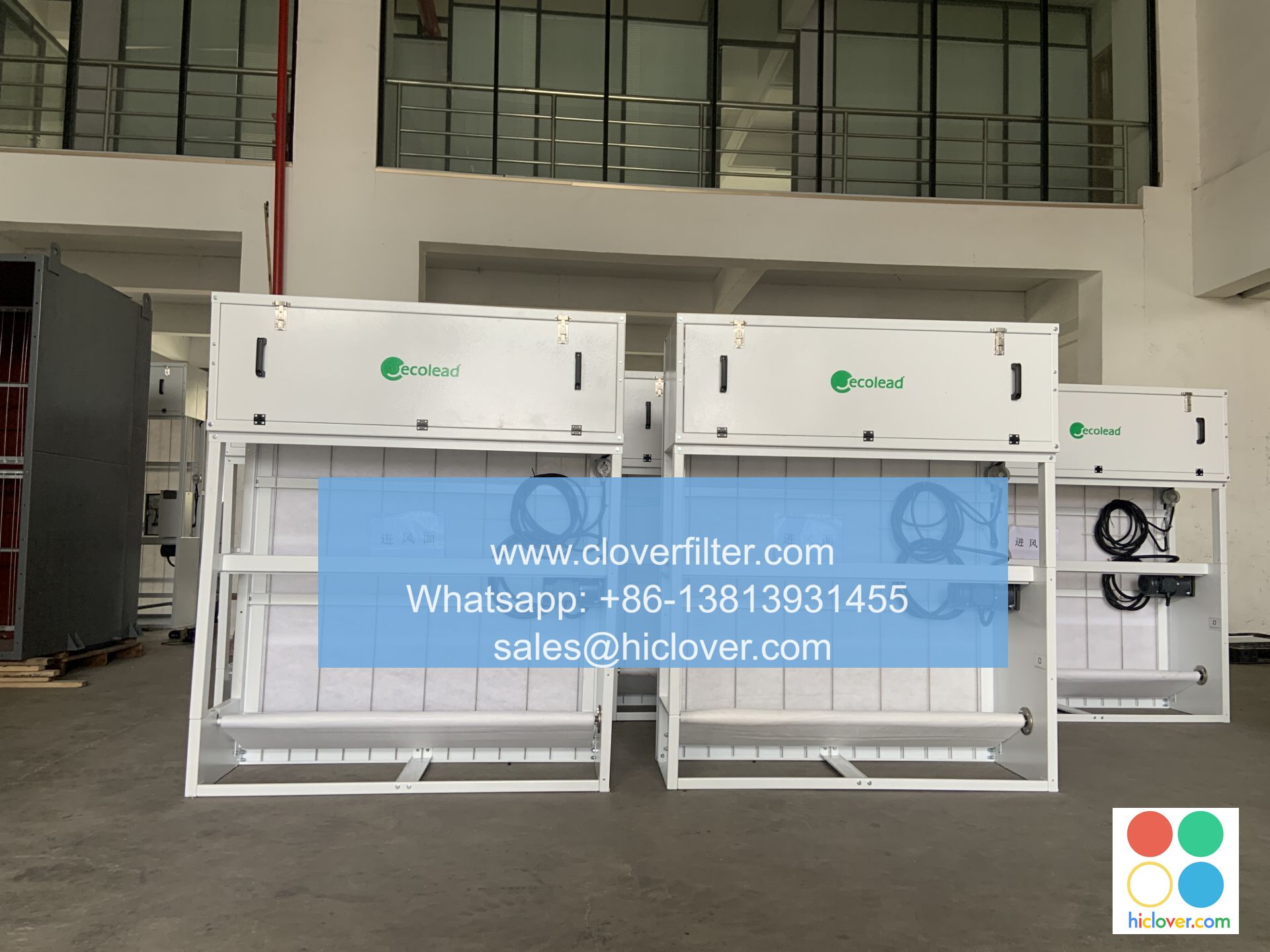How Air Filters Can Help Reduce Germs and Bacteria

The air we breathe is filled with microorganisms, including germs and bacteria, that can cause a range of health problems. From respiratory infections to allergies and asthma, the impact of poor indoor air quality can be significant. One effective way to reduce the presence of these microorganisms is by using air filters that are designed to capture germs and bacteria. In this article, we will explore the benefits of using high-efficiency air filters in various application areas, including homes, hospitals, and industrial settings.
## Types of Air Filters
There are several types of air filters available, each with its own unique characteristics and benefits. Some of the most common types include:
* HEPA filters (High Efficiency Particulate Air filters), which are designed to capture 99.97% of particles as small as 0.3 microns, including germs and bacteria.
* Activated carbon filters, which are effective at removing odors and gases from the air, but may not be as effective at capturing germs and bacteria.
* UV air purifiers, which use ultraviolet light to kill germs and bacteria in the air.
## Application Areas
Air filters can be used in a variety of application areas to reduce the presence of germs and bacteria. Some of the most common application areas include:
* Homes: Air filters can be used in home ventilation systems to reduce the presence of germs and bacteria in the air, which can help to prevent the spread of illnesses and allergies.
* Hospitals: Air filters are critical in hospital settings, where the risk of infection is high. HEPA filters are often used in hospital ventilation systems to reduce the presence of germs and bacteria in the air.
* Industrial settings: Air filters can be used in industrial settings to reduce the presence of germs and bacteria in the air, which can help to prevent the spread of illnesses and allergies among workers.
## Benefits of Air Filters
The benefits of using air filters to reduce the presence of germs and bacteria are numerous. Some of the most significant benefits include:
* Reduced risk of infection: By reducing the presence of germs and bacteria in the air, air filters can help to prevent the spread of infections and illnesses.
* Improved indoor air quality: Air filters can help to remove pollutants and particulates from the air, which can improve indoor air quality and reduce the risk of respiratory problems.
* Reduced allergies and asthma: By reducing the presence of allergens and irritants in the air, air filters can help to reduce the risk of allergies and asthma.
## Conclusion
In conclusion, air filters are a critical component in reducing the presence of germs and bacteria in the air. By using high-efficiency air filters in various application areas, including homes, hospitals, and industrial settings, we can help to prevent the spread of infections and illnesses, improve indoor air quality, and reduce the risk of allergies and asthma. Whether you are looking to improve the air quality in your home or reduce the risk of infection in a hospital setting, air filters are an effective and efficient solution. It seems like you didn’t include a prompt. Could you please provide more details or specify what you would like to talk about or ask? I’m here to help with any questions or topics you’re interested in.
